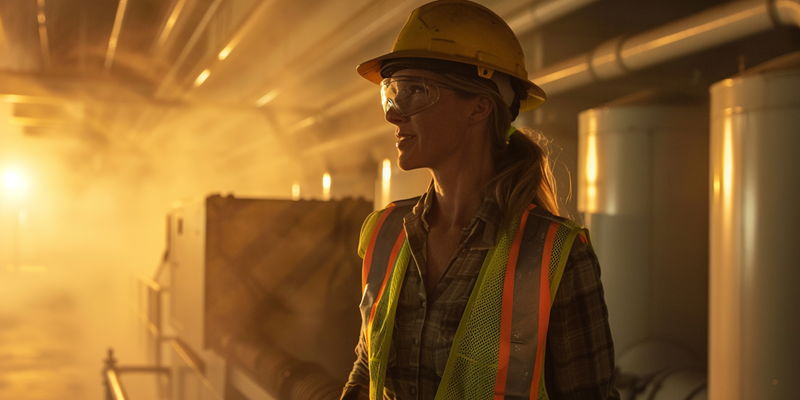Phoenix, known for its sweltering summers, has taken a pioneering step by enacting an ordinance aimed at protecting workers from the city’s increasing temperatures. This move comes as the region grapples with an alarming rate of heat-related fatalities. In a single year, the city witnessed a staggering 395 heat-related deaths, prompting the Phoenix City Council to require all city contractors and sub-contractors to establish comprehensive heat safety plans. The new regulations call for the provision of clean, cold, and free drinking water for outdoor workers, along with required breaks, access to shade or air conditioning, and a noteworthy provision that by May 1, 2025, air-conditioned enclosures must be installed in all enclosed cabs at construction sites.
The initiative led by Councilwoman Yassamin Ansari emphasizes the severity of local climate impacts, recognizing extreme heat as Phoenix’s own version of a “natural disaster.” This progressive legislation is a direct response to the grim statistics reported by the Maricopa County Department of Public Health and the continuous advocacy from labor rights groups concerning worker safety in extreme temperatures. These measures mark an essential shift in how the city acknowledges and addresses the health risks posed by its harsh environment.
National Implications and Future Development
As temperatures rise due to climate change, Phoenix has taken a proactive step to ensure worker safety in extreme weather with its new ordinance. This move coincides with President Biden’s administration’s heightened efforts to protect workers from heat-related risks through more inspections and enforcing safety measures. While the U.S. lacks a federal heat safety standard, the necessity is clear as studies, like those by Turner Construction, indicate that workers are at risk of overheating even on moderately hot days.
Phoenix’s regulation could lead the way for other municipalities and influence federal policy. With growing awareness of the climate’s impact on labor, Phoenix’s initiative is a pioneering response to a pressing global concern. By safeguarding workers against the perils of high temperatures, the city’s legislation might inspire similar actions elsewhere, highlighting the critical intersection of environmental adaptation and workplace health.

